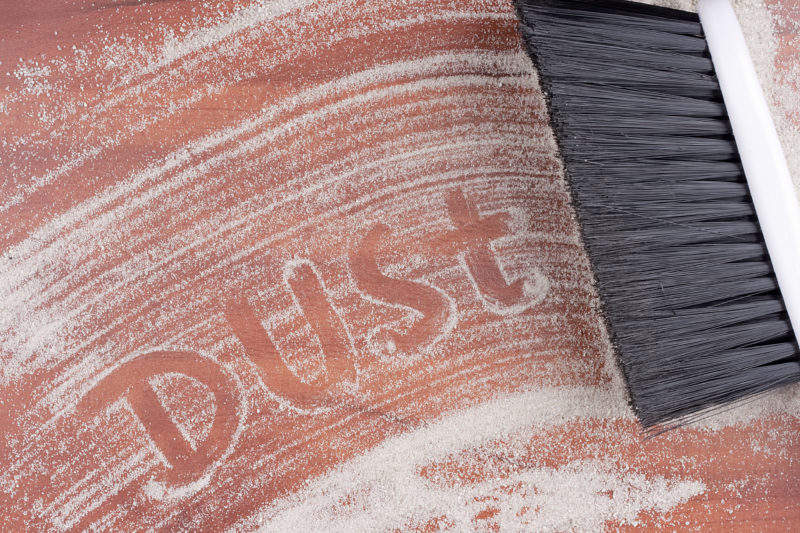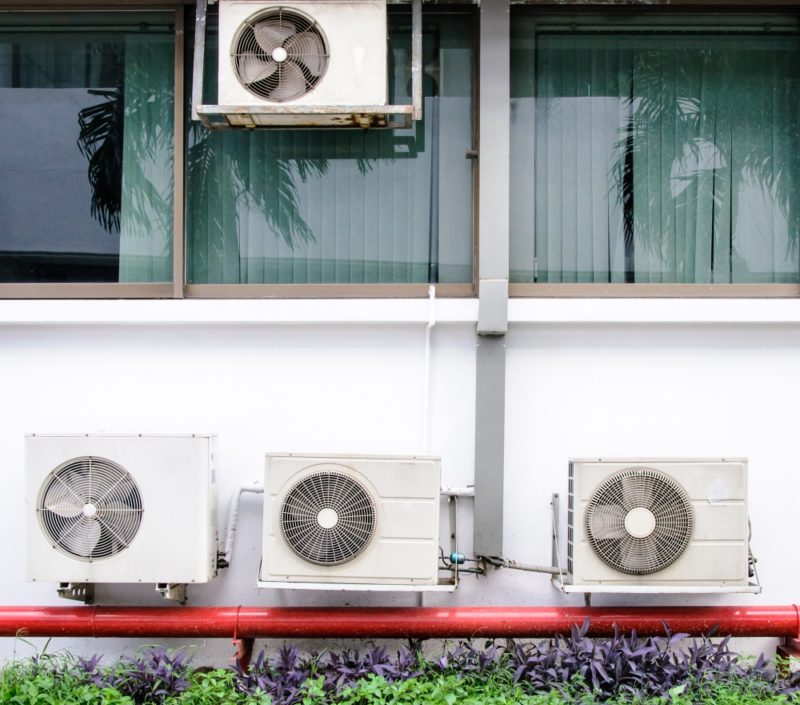
by GroupM7 | Jan 27, 2018 | Blog
What Does REME technology mean for Longview TX? Feb 3, 2012 When your HVAC system runs, it pulls outside air into your Liberty City, Texas, home. Unfortunately, that air may contain dust and other contaminants. Dust is actually a combination of several materials,...

by GroupM7 | Jan 23, 2018 | Blog
What Does REME technology mean for Longview TX? Feb 3, 2012 Volatile organic compounds can become gases at low temperatures – a process called off-gassing. VOCs are common ingredients in fuel, glues, air fresheners, paints, perfumes and cleaners. They include acetone,...




